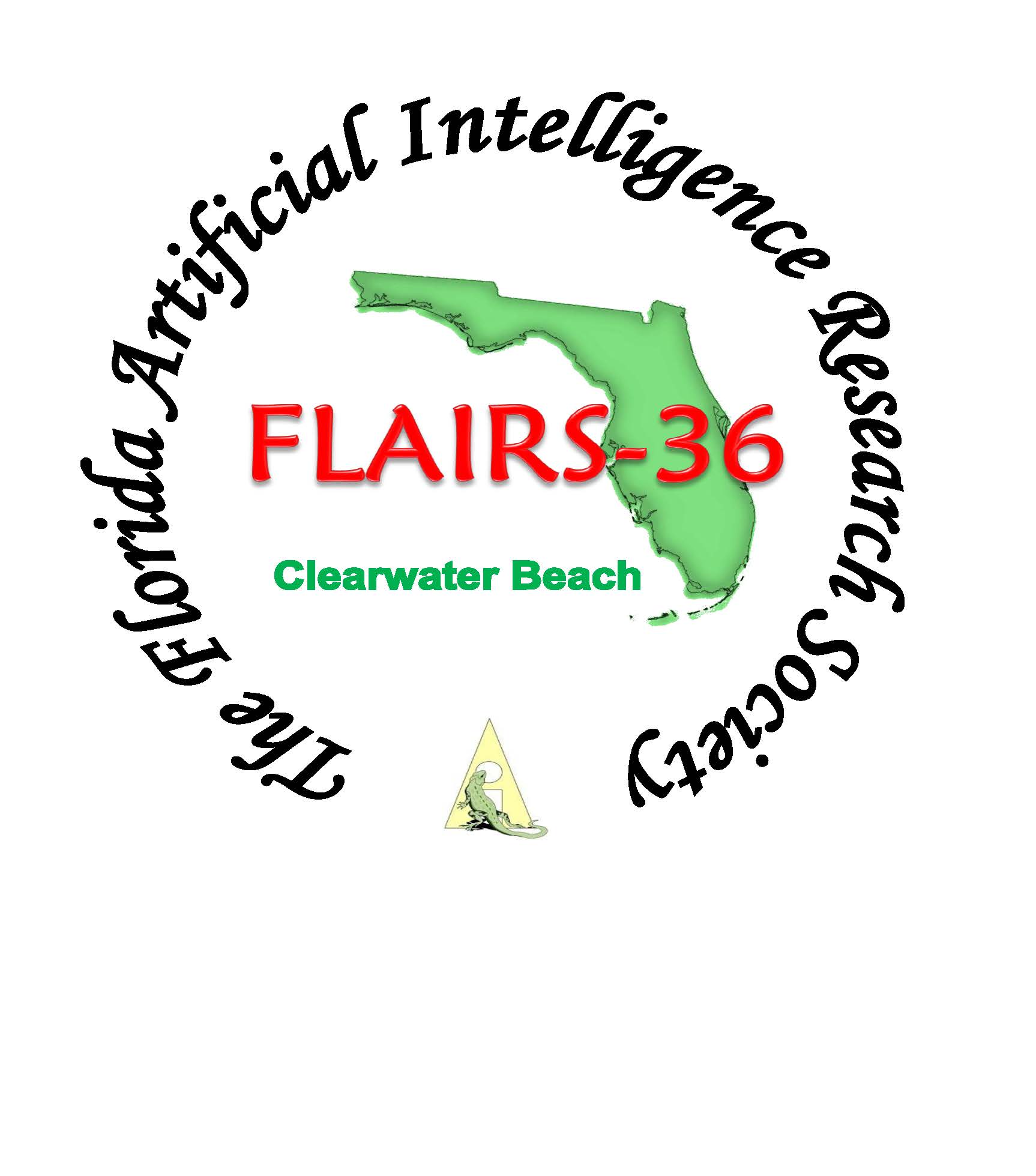Zero-Shot Generalizable End-to-End Task-Oriented Dialog System using Context Summarization and Domain Schema
DOI:
https://doi.org/10.32473/flairs.36.133072Palavras-chave:
task oriented dialog system, gpt, natural language processing, sgd dataset, dstc8, end to end TOD, zero shot generalizableResumo
Task-oriented dialog systems empower users to accom-
plish their goals by facilitating intuitive and expres-
sive natural language interactions. State-of-the-art ap-
proaches in task-oriented dialog systems formulate the
problem as a conditional sequence generation task and
fine-tune pre-trained causal language models in the su-
pervised setting. This requires labeled training data
for each new domain or task, and acquiring such data
is prohibitively laborious and expensive, thus making
it a bottleneck for scaling systems to a wide range
of domains. To overcome this challenge, we intro-
duce a novel Zero-Shot generalizable end-to-end Task-
oriented Dialog system, ZS-ToD, that leverages domain
schemas to allow for robust generalization to unseen do-
mains and exploits effective summarization of the dia-
log history. We employ GPT-2 as a backbone model and
introduce a two-step training process where the goal of
the first step is to learn the general structure of the dialog
data and the second step optimizes the response gen-
eration as well as intermediate outputs, such as dialog
state and system actions. As opposed to state-of-the-art
systems that are trained to fulfill certain intents in the
given domains and memorize task-specific conversa-
tional patterns, ZS-ToD learns generic task-completion
skills by comprehending domain semantics via domain
schemas and generalizing to unseen domains seam-
lessly. We conduct an extensive experimental evaluation
on SGD and SGD-X datasets that span up to 20 unique
domains and ZS-ToD outperforms state-of-the-art sys-
tems on key metrics, with an improvement of +17% on
joint goal accuracy and +5 on inform. Additionally,
we present a detailed ablation study to demonstrate the
effectiveness of the proposed components and training
mechanism.
Downloads
Publicado
Como Citar
Edição
Seção
Licença
Copyright (c) 2023 Adib Mosharrof, M.H. Maqbool, A.B. Siddique

Este trabalho está licenciado sob uma licença Creative Commons Attribution-NonCommercial 4.0 International License.


